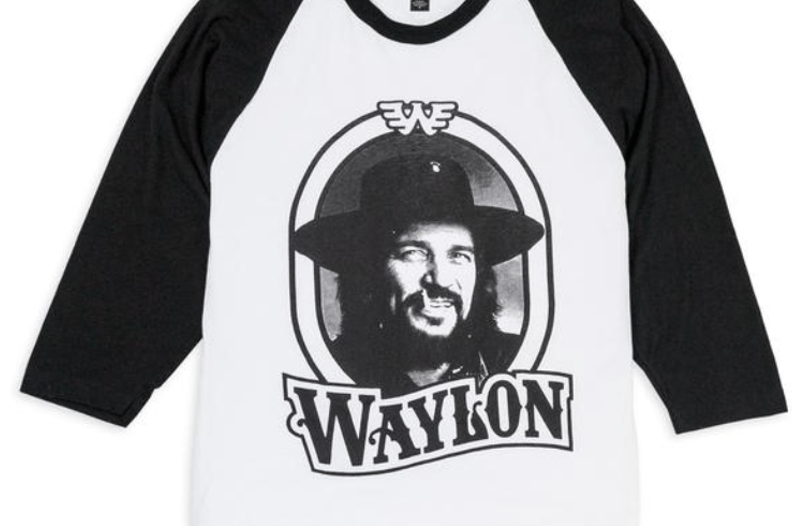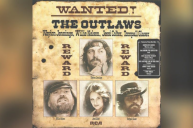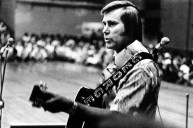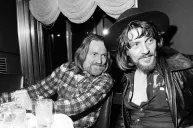Buying merch from your favorite artist is a great way to show your support for their music and score some great gear in the process. And at a time when merch sales are particularly important, buying that t-shirt might make more of a difference in an artist's livelihood than you realize.
Videos by Wide Open Country
But what happens when third parties start making knock-off t-shirts, hats, keychains, koozies and any other memorabilia to profit from an artist's name? Well-meaning fans buy products emblazoned with their favorite country singer's name or face and the actual artist doesn't see a dime of those proceeds.
The Bootleg Problem
Last year Kacey Musgraves took to Instagram to call out a "major corporate western wear chain" for selling a sign featuring her name and lyrics from her song "Biscuits." As Musgraves' notes in her post, the kneejerk reaction is to dismiss the act as flattery. But when you make your living from your song lyrics, having intellectual property stolen from you is detrimental. "Theft is not a compliment," Musgraves wrote. "The product might be cute but stealing ain't."
https://www.instagram.com/p/BBeYidrDm2G/?taken-by=spaceykacey
It wasn't the first time an artist has went head to head with vendors slinging fake merch. In 2015, Eric Church sued bootleggers selling unauthorized t-shirts outside his concerts.
As Saving Country Music reported, after the passing of Merle Haggard in 2016, a slew of t-shirts hit the market memorializing the late star. The Haggard family won't see any money from the sale of those products. Using the death of a country legend as an opportunity to sell t-shirts is particularly tasteless. Still, ads for those shirts popped up all over the Facebook feeds of country music fans and probably anyone who had recently searched for anything Merle Haggard related.
The Hag is not the only country legend to be exploited. Waylon Jennings' daughter-in-law, Kathy Jennings, told Fox 17 Nashville that she's frequently reported the website TeeChip to Facebook for selling unlicensed Waylon Jennings merchandise.
What is Protected?
With the rise of online marketplaces, selling unauthorized merchandise is more prevalent than ever. A quick search of nearly any artist on Amazon brings up pages of unlicensed memorabilia. All a potential seller has to do is check a box claiming that they have legal permission to use an image.
So what can legally be used in merchandising? Song titles are OK, lyrics are not. For example, Dolly Parton didn't invent the name Jolene. She did create the line "her beauty is beyond compare, with flaming locks of auburn hair." So creating a product with that lyric without permission would be theft.
But even using phrases associated with songs can be tricky because of trademark rights. (See Taylor Swift's attempt to trademark "this sick beat.") Trademark rights are different from copyright laws. A trademark doesn't have to be entirely unique to the artist to be eligible for trademark status.
If you're confused, you're not alone. The murky world of copyright and trademarks allows bootleggers to profit from an artist's work. So how do you avoid getting duped into buying something that rips off your favorite band? The best bet is to buy straight from the source. If merchandise isn't listed on an artist's website, chances are it's a fake.
In the end, you'll know you're supporting an artist you love. Oh, and you'll save yourself the embarrassment of running into Kacey Musgraves with a bootleg "Biscuits" shirt.




